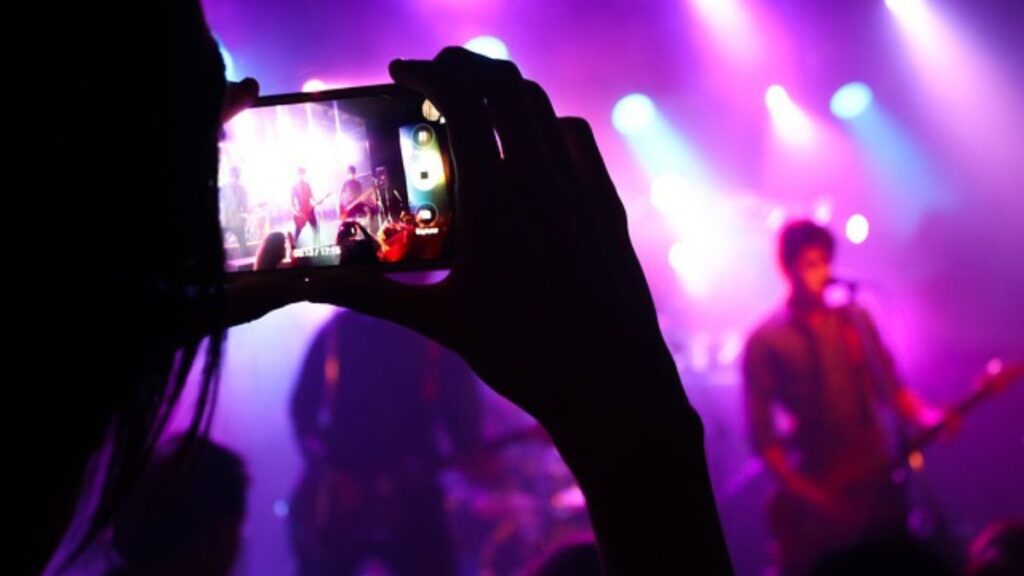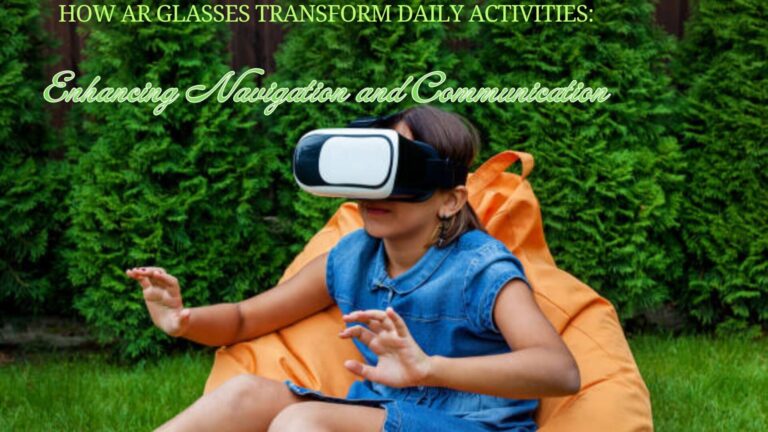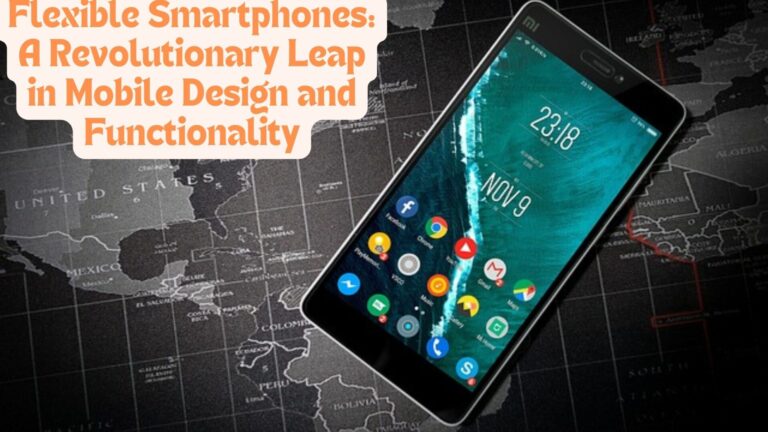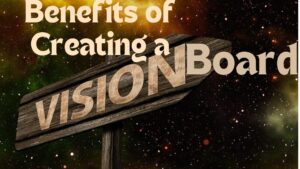Introduction:-
AI in Entertainment: Crafting Personalized Experiences for Every User

In the realm of entertainment, Artificial Intelligence (AI) is reshaping how we interact with music, movies, games, and literature. This transformative technology offers highly personalized experiences, making entertainment more engaging and tailored to individual preferences. This article delves into the profound impact of AI on the entertainment industry, exploring how it is revolutionizing the landscape and redefining the way we consume and enjoy various forms of entertainment.providing unique, user-centric experiences.
AI in Entertainment
AI in Music
- AI’s influence on the music industry is substantial.
- Algorithms can compose original musical pieces.
- Algorithms make song recommendations tailored to user preferences.
- Platforms like Spotify and Apple Music use AI to analyze listening patterns.
- AI-powered tools like Amper Music and AIVA empower musicians and producers.
- These tools generate innovative melodies, harmonies, and rhythms.
- AI enhances the creative process for artists.
- AI pushes the boundaries of musical innovation.
- AI opens up new possibilities for artistic expression.
AI in Film and Television
- Streaming services like Netflix and Amazon Prime Video use AI to tailor viewing experiences to individual users.
- AI algorithms analyze viewing history, preferences, and time dedicated to different genres to curate movie and TV show recommendations that align with users’ tastes.
- This personalized approach enhances viewer satisfaction and bolsters viewer retention, ensuring a loyal audience base.
- AI finds its application in content creation for film and television.
- Script-writing AI tools, such as ScriptBook, analyze successful movie scripts to pinpoint elements that make a story captivating and compelling.
- Writers can use these insights to craft narratives that resonate deeply with audiences, potentially increasing the likelihood of a film or show’s success.
AI in Gaming
- In the gaming industry, AI is revolutionizing personalized gaming experiences.
- AI-powered games like Left 4 Dead and Middle-earth: Shadow of Mordor use real-time adjustments to provide unique gameplay based on each player’s skill level, ensuring an engaging and enjoyable experience for everyone.
- AI is also being used to create more realistic non-player characters (NPCs) that can learn and adapt to players’ actions, making interactions within games more immersive and lifelike.
- This technology is evident in popular games like The Sims and Red Dead Redemption 2, where NPCs exhibit dynamic behaviors and decision-making that enhance the overall gaming experience.
AI in Literature
- In the literary world, Artificial Intelligence (AI) is revolutionizing the creative process by assisting writers and generating content. Tools like OpenAI’s GPT-4 can produce coherent and imaginative text based on prompts, aiding authors in brainstorming ideas or even crafting entire passages. This technology alleviates writer’s block and sparks new creative directions.
- Furthermore, AI-driven personalized book recommendations are enhancing the reading experience. Platforms such as Goodreads and Amazon utilize AI algorithms to analyze users’ reading history and preferences, suggesting books that align with their interests. This technology helps readers discover new authors and genres that resonate with them, enriching their literary journeys.
What are the benefits of AI in entertainment?
AI has significantly impacted the entertainment industry, offering a wide range of benefits that enhance both content creation and the user experience. Here are some of the key benefits of AI in entertainment:

AI in Entertainment: Revolutionizing Content Creation and User Experience
Artificial Intelligence (AI) is significantly transforming the entertainment industry, delivering personalized content recommendations, enhancing content creation and production, improving user experiences, and offering valuable insights into audience preferences.
Personalized Content Recommendations:
- Streaming Services: AI algorithms analyze user behavior to provide tailored recommendations for movies, TV shows, music, and more. This enhances user satisfaction by aligning content with individual preferences.
- Social Media: AI curates personalized feeds, suggesting posts, videos, and articles that resonate with users’ interests, boosting engagement.
Content Creation and Production:
- Scriptwriting: AI tools assist in generating scripts and storylines, aiding writers in overcoming creative blocks and exploring new concepts.
- Special Effects: AI enhances visual effects, creating more realistic scenes while reducing time and costs associated with manual processes.
- Music Composition: AI algorithms can compose unique soundtracks and background scores tailored to specific moods or scenes.
Enhanced User Experience:
- Interactive Experiences: AI enables immersive experiences like virtual reality (VR) and augmented reality (AR) applications, popular in gaming and virtual tours.
- Chatbots and Virtual Assistants: AI-powered chatbots provide customer support, answer queries, and assist users in navigating entertainment platforms.
Content Analysis and Insights:
- Audience Analytics: AI analyzes viewer data to comprehend audience preferences, helping producers and marketers tailor content and marketing strategies effectively.
- Trend Prediction: By analyzing extensive datasets, AI can predict trends and audience reactions, guiding content creation to align with emerging preferences.
Localization and Accessibility:
- Translation and Subtitling: AI-driven translation tools and automatic subtitling make content accessible to a global audience, breaking down language barriers.
- Accessibility Features: AI can generate audio descriptions for visually impaired users and transcribe audio for hearing-impaired users, promoting inclusivity in entertainment.
Cost Efficiency and Productivity:
- Automation of Routine Tasks: AI automates repetitive tasks like editing, tagging, and categorizing content, allowing creative professionals to focus on high-value activities.
- Optimized Production Schedules: AI can optimize shooting schedules, manage logistics, and streamline post-production processes, reducing costs and enhancing efficiency.
Enhanced Gaming Experiences:
- AI-driven NPCs: AI enhances the behavior of non-player characters (NPCs) in video games, making them more intelligent and responsive to player actions.
- Procedural Content Generation: AI can dynamically create expansive game worlds and levels, offering unique experiences with each playthrough.
Creative Collaboration:
- Co-Creation Tools: AI tools assist artists, writers, and designers in their creative processes, providing suggestions, generating content, and enabling new forms of artistic expression.
AI is revolutionizing the entertainment industry, offering personalized content experiences, enhancing content creation and production, improving user experiences, and providing valuable insights into audience preferences. As AI technology continues to advance, it will further transform and redefine the entertainment landscape.
How is AI transforming the future of entertainment?
Artificial intelligence (AI) is poised to revolutionize the future of entertainment in profound and groundbreaking ways, impacting both the creation and consumption of content. Here are some key areas where AI is making a significant impact:

Hyper-Personalization:
- Adaptive Content: AI will enable the creation of content that dynamically adjusts to viewers’ preferences, moods, and behavior. This could result in interactive storylines in movies or shows that adapt based on user engagement.
- Customized Recommendations: Advanced algorithms will provide more precise content recommendations, ensuring that users discover new content that aligns perfectly with their tastes.
Enhanced Interactive Experiences:
- Immersive Technologies: AI will drive the evolution of virtual reality (VR) and augmented reality (AR), creating more captivating and interactive entertainment experiences. AI can enhance the realism and responsiveness of virtual environments and characters.
- AI-Driven Gaming: Games will become more intelligent and responsive, with AI creating adaptable and unpredictable non-player characters (NPCs) and procedurally generating unique game worlds.
Content Creation Innovation:
- Automated Script and Story Generation: AI tools will assist writers by generating ideas, scripts, and even full narratives, enabling faster and more diverse content creation.
- AI-Generated Music and Art: AI will increasingly be used to compose music and create visual art, expanding the boundaries of creativity and allowing for new forms of artistic expression.
Improved Production Efficiency:
- Smart Production Management: AI will optimize production schedules, manage logistics, and streamline post-production processes, making content creation more efficient and cost-effective.
- Enhanced Special Effects: AI will further improve the creation of special effects, making them more realistic and reducing the time and cost associated with their production.
Audience Engagement and Feedback:
- Real-Time Audience Analytics: AI will provide real-time insights into audience engagement and preferences, allowing creators to dynamically adjust content and marketing strategies.
- Interactive Viewing: AI will enable more interactive viewing experiences, such as choosing different plot paths or influencing the outcome of live events.
Localization and Global Reach:
- Advanced Translation and Subtitling: AI will enhance translation and subtitling, making content accessible to a global audience with greater accuracy and cultural sensitivity.
- Voice Cloning and Dubbing: AI-driven voice cloning and dubbing will allow content to be easily localized with natural-sounding voices, enhancing the viewing experience for international audiences.
Accessibility and Inclusion:
- Inclusive Features: AI will create more inclusive entertainment experiences by providing features such as audio descriptions for the visually impaired and automatic transcription for the hearing impaired.
- Adaptive Interfaces: AI will enable adaptive user interfaces that cater to individual needs, ensuring that entertainment platforms are accessible to all users.
Creative Collaboration and New Art Forms:
- Collaborative AI Tools: AI will act as a creative collaborator, assisting artists, writers, and musicians in their creative processes and inspiring new forms of art and storytelling.
- Generative Art and Media: AI will drive the creation of generative art and media, where algorithms create unique pieces of art, music, and video content that evolve over time.
Predictive Content Success:
- Data-Driven Content Decisions: AI will analyze vast amounts of data to forecast which types of content are more likely to be successful, helping producers make informed decisions about greenlighting projects.
- Audience Trends: AI will continuously monitor and analyze audience trends, enabling content creators to stay ahead of the curve and produce content that resonates with contemporary viewers.
Ethical and Responsible AI:
- Ethical AI Practices: As AI becomes more integral to entertainment, there will be a growing emphasis on ethical practices, ensuring responsible AI usage and data privacy protection.
AI’s transformative potential in the entertainment industry promises more engaging, personalized, and accessible experiences while pushing the boundaries of creativity and efficiency in content creation.
Conclusion
In the realm of entertainment, AI is revolutionizing the industry by unlocking personalized experiences that resonate with individual preferences. From music and film to gaming and literature, AI-driven customization elevates our engagement, immersing us in experiences tailored to our unique tastes. As AI technology evolves, the future holds promise for even more groundbreaking and tailored experiences, challenging the conventional boundaries between human creativity and machine intelligence.
References
- “How AI is Transforming the Music Industry,” Forbes. Retrieved from Forbes
- “The Rise of AI in Music,” MusicTech. Retrieved from MusicTech
- “AI Music Composition: Will Machines Replace Human Musicians?” TechCrunch. Retrieved from TechCrunch
- “How Netflix Uses AI to Personalize Content,” Medium. Retrieved from Medium
- “ScriptBook: AI-Powered Script Analysis,” Variety. Retrieved from Variety
- “AI in Gaming: Transforming Player Experiences,” GameAnalytics. Retrieved from GameAnalytics
- “How AI is Revolutionizing Gaming,” VentureBeat. Retrieved from VentureBeat
- “GPT-4: AI Writing Tools for Authors,” OpenAI. Retrieved from OpenAI
- “Personalized Book Recommendations with AI,” Goodreads. Retrieved from Goodreads








